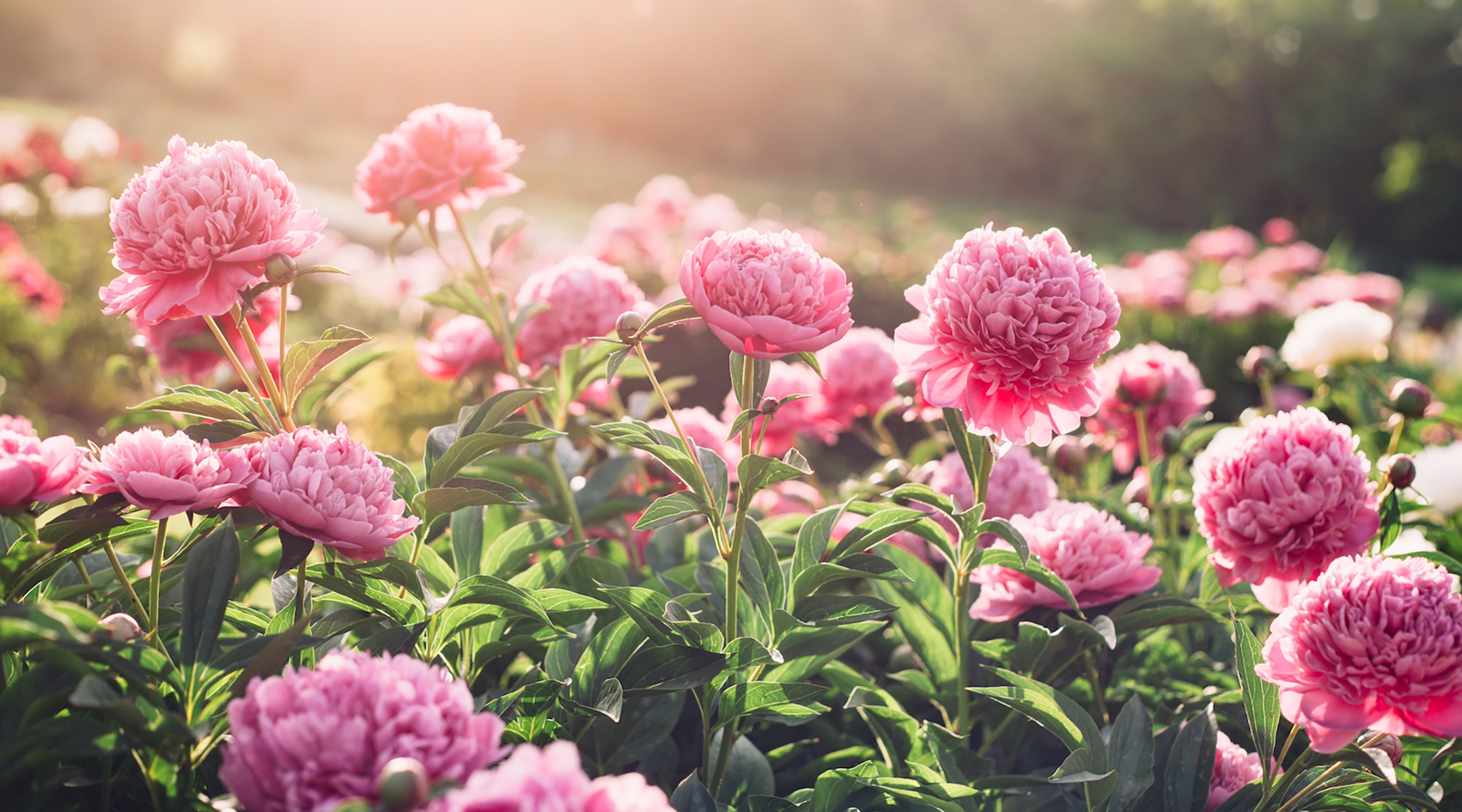This article originally appeared on My Jewish Learning.
(JTA) — My mother died in February, and since then I’ve been caring for her home. At the time of her death, she had over a hundred plants — and that’s only inside the house. Outside, there were hundreds more — roses and lilacs and dahlias, lilies of the valley and irises and daffodils, violets and honeysuckle and sunflowers. They bloom in almost all seasons, from late winter to late autumn. Except when the ground is frozen, there is never a moment when something is not blooming in my mother’s garden. And she celebrated when they bloomed, whether once a season or once every 10 years. They were, in many ways, the great work of her life, and it’s powerful for me to be caring for them now.
I grew up surrounded by those plants. I ate wild strawberries, chestnuts and pears. I used pine needles for doll beds and hickory nuts for toy food. I slept (or pretended to) on carpets of moss and used branches of sumac as scepters. Once, I dug up some daffodils near the creek and moved them to my “garden” in the woods. My mother was furious (though those daffodils still bloom in the woods every spring). But my early plant experiences were mostly good. I planted peas with my father, and watched him guide the young bean plants up their poles. I noted when the violets came out and when the chestnuts fell from their trees. I particularly loved the wild roses that bloomed in June (in fact, they’re blooming now). For me, as for my mother, the plants are their own kind of people — beings I try to nurture, appreciate and understand.
So it’s moving to me that the Jewish tradition sees plants in a similar way — as beings with voices. Psalm 96:12 states: “Let the fields rejoice and all that is in them; let the trees of the forest sing for joy.” Psalm 17:33 proclaims: “Let the trees of the forest sing at the presence of God.” In Psalm 48:8, the fruit trees offer praise. In Isaiah 55:12, the trees clap hands.
Maimonides understood these verses to be metaphors, but the Midrash — writings that fill in gaps in biblical texts — claims that trees do in fact speak with one another and with other creatures, and that they discuss the earth and its well-being. The Jerusalem Talmud too understands these verses expansively, saying that when Rabbi Yochanan ben Zakkai began to teach mystical secrets, the trees started to sing. The Zohar, the mystical Torah commentary, imagines that when the Creator visits the Garden of Eden at midnight, the trees burst into song.
This description of plants is a reflection of the way many of us experience plants — as alive, and in relationship to us. And it’s likely they reflect how our ancestors did too. Many indigenous spiritual practitioners consider plants to possess intelligence, so it’s certainly possible our ancestors saw plants this way as well. And it might be time for us to be mindful of this too, given that we are breathing in what plants breathe out, and vice versa.
A team of researchers at Tel Aviv University has recently discovered that plants make sounds, albeit at a frequency we can’t hear, and that they make more sounds when distressed. This claim was made long ago in the Midrash, which teaches that when a tree is cut down, its cry goes from one end of the world to the other but no one hears. How differently might we act if we could hear the cries of trees and plants? And how much richer might we be if we could tune into their songs?
Indeed, this might not be as far-fetched as it sounds. In some kabbalistic understandings, we have plant consciousness inside us. According to the mystic Hayyim Vital, plants are a category of beings known as the tzomeach — the growing ones. They exist among four kinds of living creatures: humans, animals, plants and stones (yes, even stones are considered beings). Vital says that the human soul reflects all these kinds of beings, and so perhaps we are kin to all of them. Even God has plant-like aspects: The kabbalists call the structure of the divine personality the Tree of Life, and in the Zohar, the Divine Presence is called the gan, the garden, or the chekel detapuchin kadishin, the holy apple orchard.
My own small New York apartment has many fewer plants than my mother’s home, but I care for them lovingly. Once, while I was away, the cat sitter forgot to water the fuschia and when I came home it was nearly dead and had only five living leaves left. I slowly nurtured it back to health, watering often but not too much, and now, a year later, it has bloomed many times. I may not be able to hear its voice, but I can see its beauty and I can feel the power and persistence of its life-force. As the summer solstice approaches, I invite all of us to celebrate, protect and listen to these green beings, these creatures who eat light and who create the very air we breathe.
JTA has documented Jewish history in real-time for over a century. Keep our journalism strong by joining us in supporting independent, award-winning reporting.







